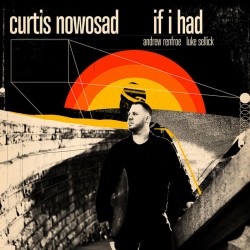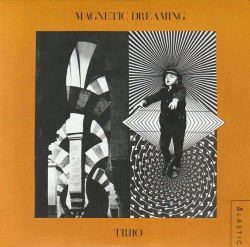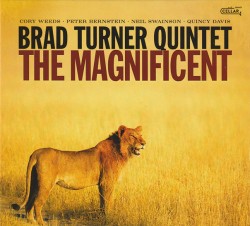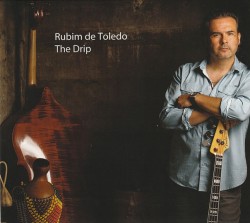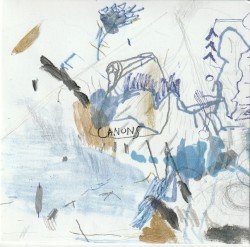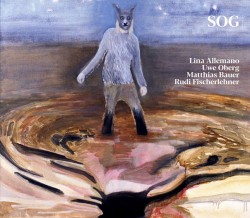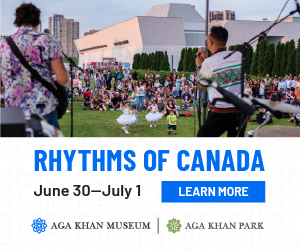The Speed of Time - Andrew Rathbun; Gary Versace; John Hebert; Tom Rainey
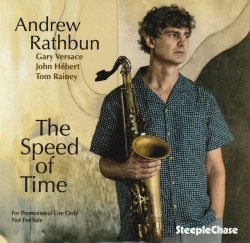 The Speed of Time
The Speed of Time
Andrew Rathbun; Gary Versace; John Hebert; Tom Rainey
Steeple Chase SCCD 31950 (andrewrathbun.com)
Andrew Rathbun is a saxophone player and composer who grew up in Toronto, earned a Master’s from the New England Conservatory in Boston and a PhD in Jazz Arts from the Manhattan School of Music. His compositions and performances have appeared on his own and others’ albums for over 20 years. Rathbun states that the works on The Speed of Time are «all connected with how the world has unfolded over the past few years» and are «influenced by the strange fluctuations» of his «perception of time during that period.»
The Speed of Time offers pieces that are both sophisticated and funky. For example, the title composition has a very grooving piano ostinato that leads to a melodically complex saxophone line; the solos swing while also showing a strong intellectual component. Rathbun has a forceful and urgent tone on tenor sax that is not overblown. Widen the Doorway injects some great sax harmonies to add colour and contains vibrant sax and drum solo work. Rathbun’s soprano sax on Wandering is clear and beautiful. He cites Wayne Shorter as an influence but on Velocity Unknown I also hear the playful lyricism of Steve Lacy. The Speed of Time is an excellent album greatly aided by the subtle and fiery musicianship of Rathbun, Gary Versace (piano) and Tom Rainey (drums).


